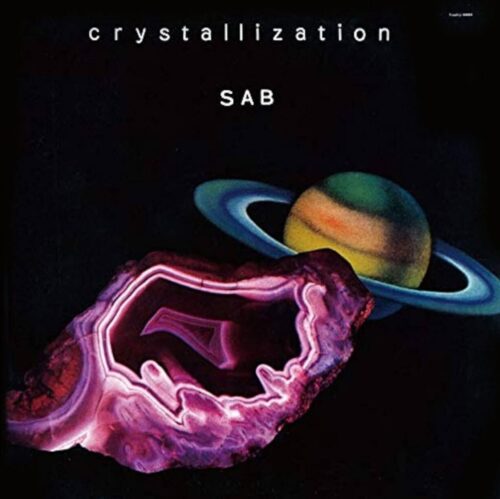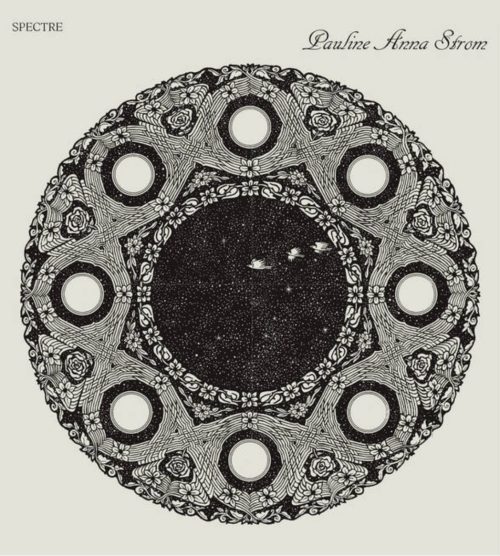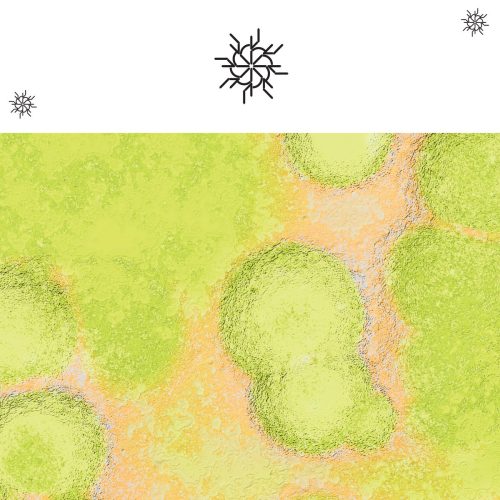- You cannot add "Radio Lusaka" to the cart because the product is out of stock.
Crystallization
Label: Em
Genre: Highlights, Electronic, Ambient, Japanese
$44.99
Availability: In stock
Audiopile Review: EM Records dusts off a gem from the lusted after Vanity Records imprint, SAB’s Crystallization, one of the earliest releases from the infamous Japanese imprint (#2, in fact) and one of the few full lengths not yet reissued after rarities from Aunt Sally, Tolerance, R.N.A. Organism and BGM have been given a second life in recent years. Created by a prodigious 19 year old, Crystallization arrives at the star-crossed roads of kosmiche, new age and cosmic jazz, a harmonious convergent of genres whose best known purveyors would take years to reach this level, much less find a way to weld them all together. The side-long opener moves from waterfalls of piano that dovetail with spacey synths and whirls of ambiance, a sparkling bliss that continues to mutate as it ascends ever upward on its twenty-minute journey. Elsewhere, SAB draws on the kraut-minimalism of Gottsching’s New Age of Earth for “Marble”, fuses Indian classical with transcendental ambiance on “Menou” and opens the stargate with the fluorescent synths of “Agate”. While this should be noted for fans of the classic crew of kosmiche innovators, Crystallization also brings to mind the starry spirituality of Alice Coltrane or the Eastern-inspired “Ethnojazz” of Don Cherry’s prime 70s era. It’s some of the finest Japanese ambient music you’re likely to hear.
***
A beautiful album re-emerges from realms of mystery! The long-awaited vinyl reissue of a Japanese neoclassical/experimental/new age/electronic music classic, originally released in 1978. ”Crystallization” is a work of unwavering perfection, whose sparkle has become even more brilliant over time, in the midst of the new age music revival that has emerged in recent years and the rediscovery of Japanese environmental music so-called Kankyō-ongaku. This was SAB’s first and only solo album, recorded at his home and a studio in Osaka by a 19-year-old musical prodigy who, after the album’s release, left Japan for the U.S. to follow the teachings of Bhagwan Shree Rajneesh and has never been heard from again. Two other musicians provide instrumental contributions, but the majority of the album was recorded and produced by SAB himself with multiple recordings & overdubs of various instruments, captured and crystallized on magnetic tape. The arrangements and instrumentation on this album show the influence of Brian Eno and the Obscure label of the time, but SAB’s weave of electronics, field recordings and conventional instrumentation simultaneously avoids those influences and sits outside any direct electronic music lineage; it has achieved the status of a new classic for audiences in the 2020s.





